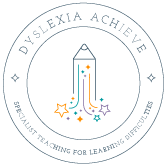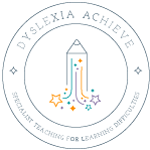Dyscalculia is a specific and persistent difficulty in understanding numbers which can lead to a diverse range of difficulties with mathematics. It will be unexpected in relation to age, level of education and experience and occurs across all ages and abilities.
What is Dyscalculia?
Key Characteristics
-
Delays in reaching normal developmental milestones can be an early sign of DCD.
-
Problems with movement and co-ordinations
- Dyscalculia is different from other maths issues due to the severity of difficulties with number sense, including, symbolic and non-symbolic magnitude comparison, and ordering.
- It can occur singly but often co-occurs with other specific learning difficulties.
Does my child have Dyscalculia?
These are the signs of dyscalculia according to the BDA
- Have difficulty when counting backwards.
- Have a poor sense of number and estimation.
- Have difficulty in remembering ‘basic’ facts, despite many hours of practice/rote learning.
- Have no strategies to compensate for lack of recall, other than to use counting.
- Have difficulty in understanding place value and the role of zero in the Arabic/Hindu number system.
- Have no sense of whether any answers that are obtained are right or nearly right.
- Be slower to perform calculations. (Therefore give fewer examples, rather than more time).
- Forget mathematical procedures, especially as they become more complex, for example ‘long’ division. Addition is often the default operation. The other operations are usually very poorly executed (or avoided altogether).
- Avoid tasks that are perceived as difficult and likely to result in a wrong answer.
- Have weak mental arithmetic skills.
- Have high levels of mathematics anxiety.

